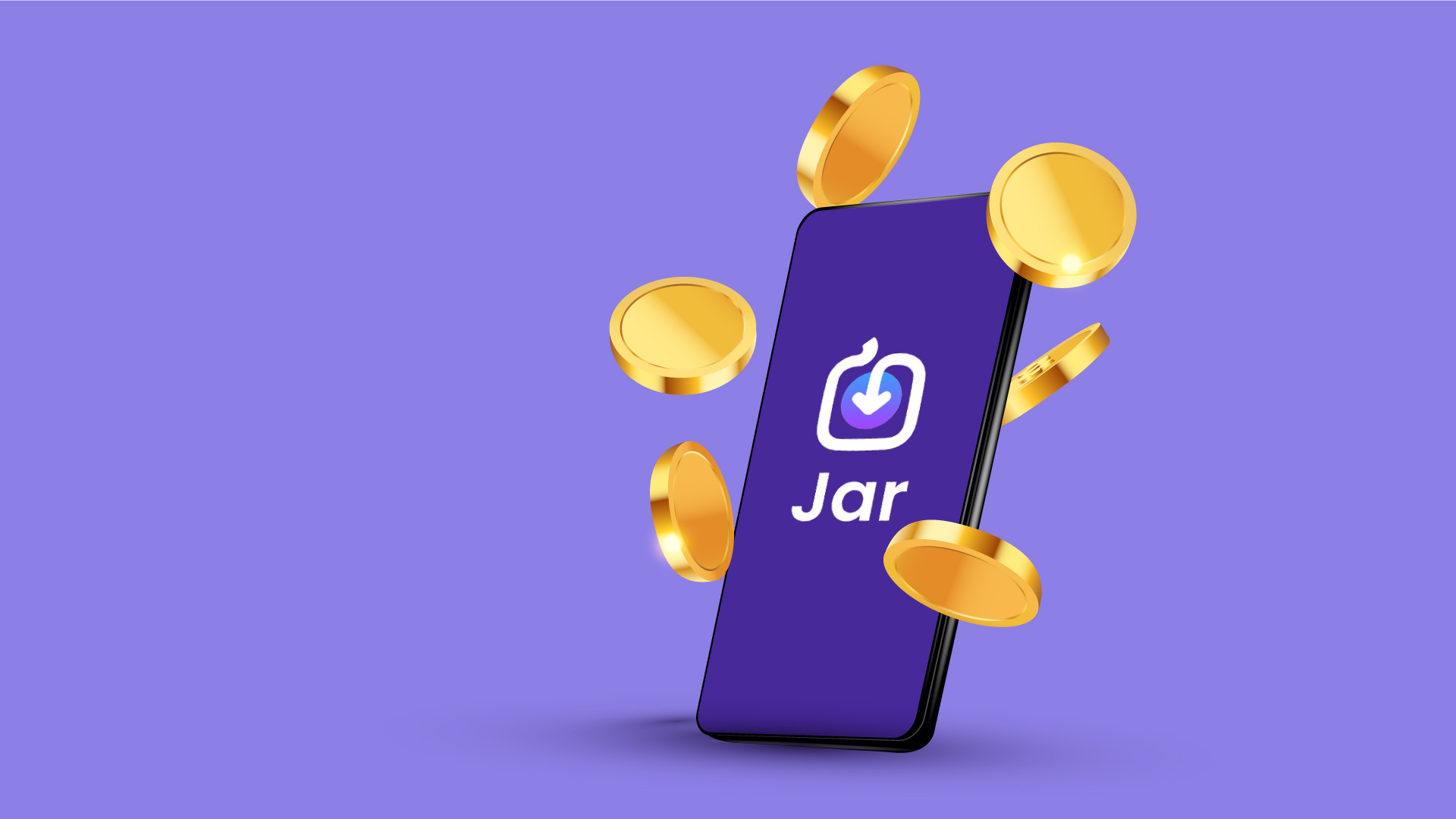- Home
- Technology
- Indian Fintech Jar Turns Profitable, Eyes IPO as Millions Save in Gold
Indian Fintech Jar Turns Profitable, Eyes IPO as Millions Save in Gold

techcrunch
Technology
9/19/2025Shathamanyu
Bengaluru-based fintech startup Jar has emerged as one of India’s most successful savings platforms, turning profitable while
enabling millions of first-time investors to save and invest in digital gold. Founded in 2021, the four-year-old company has
cracked a unique formula in a crowded fintech market by offering gold—a culturally trusted and familiar asset—as a low-barrier
entry point to disciplined saving.
Unlike most consumer fintechs that focus on urban, affluent users or credit products, Jar targets low- to middle-income Indians,
many from tier-2 and tier-3 towns, allowing them to start saving with as little as ₹10 (around $0.11) a day. This strategy has
helped Jar amass over 35 million registered users across 12,000 zip codes, with nearly 60% of its base coming from smaller towns
and more than 95% saving formally for the first time, according to co-founder and CEO Nishchay AG.
Jar’s financial growth has been as glittering as the asset it deals in. The company’s operating revenue—driven largely by its
gold-saving app—surged ninefold in FY24 to ₹2.08 billion (~$23.6 million), while its total revenue soared 49 times to an
impressive ₹24.50 billion (~$279 million) from ₹500 million the previous year. This jump reflects its diversified model, which now
includes digital gold transactions, jewelry sales through its Nek platform, and third-party distribution fees. Nek, launched in
early 2024, offers gold, silver, diamond, and lab-grown diamond jewelry via a zero-inventory, drop-shipment model and has already
crossed ₹1 billion (~$11 million) in annual revenue. The company has been profitable after tax for the last two consecutive
quarters, marking a rare achievement for a young fintech in India’s competitive market.
A key driver of this success has been Jar’s vertical integration. Initially operating as a distribution partner for a third-party
gold provider, the startup has built its own in-house tech stack to purchase, store, and manage gold directly, with BDO as its
statutory auditor and Brinks as its custody partner. This move allows Jar to capture a larger share of the gold value chain,
reduce reliance on intermediaries, and even distribute its gold through third-party platforms such as PhonePe.
By controlling the entire backend, Jar has improved margins and strengthened customer trust in the safety and transparency of
their investments.
Jar is also expanding its ecosystem beyond gold savings. Earlier this year, it partnered with BharatPe and Unity Small Finance
Bank to enable digital UPI payments directly through the Jar app, allowing users to make person-to-person or merchant payments.
The company has been an early adopter of UPI AutoPay, introduced by the Indian government in 2020, to drive recurring gold
investments. Nishchay calls daily savings the app’s “hero feature,” and recurring payments have been instrumental in building user
habits and increasing retention.
The app’s appeal lies in its accessibility and personalization.
Available in nine Indian languages, it caters to a wide range of users, from IT professionals and small business owners to
electricians, plumbers, carpenters, and daily wage workers. Jar leverages gamification, nudges, and data-driven insights—such as
device type, location, language, and saving patterns—to encourage consistent savings behavior. By making the process intuitive and
engaging, the platform is breaking down barriers to formal finance for millions of Indians who have traditionally relied on
informal savings.
Investors have taken note of Jar’s rapid rise. The startup counts Tiger Global, Tribe Capital, Arkam Ventures, and WEH Ventures
among its backers and has raised $63.3 million to date, with a valuation of over $300 million, according to Tracxn. With
profitability achieved and a potential IPO planned for next year, investment bankers are already engaging with the company to
shape its public offering.
Jar’s success underscores a larger shift in India’s financial landscape, where technology meets tradition. By combining the
cultural trust of gold with the convenience of digital micro-savings, Jar has turned an age-old investment into a modern fintech
powerhouse. As it prepares to expand into other financial products, including insurance-linked savings and mutual fund
investments, Jar is positioning itself not just as a gold-savings app but as a full-stack digital savings platform for India’s
next billion users.
Recent news
Related News

China–ASEAN AI Exchange 2025 Sparks New Era of Cross-Border Innovation in Nanning
9/22/2025 Shathamanyu

India: iDO Devices raises ~$4M from Blume Ventures & Merak Ventures
9/21/2025 Shathamanyu

Nvidia and Intel Forge Landmark Partnership to Develop AI-Centric CPUs and GPUs
9/19/2025 Shathamanyu
